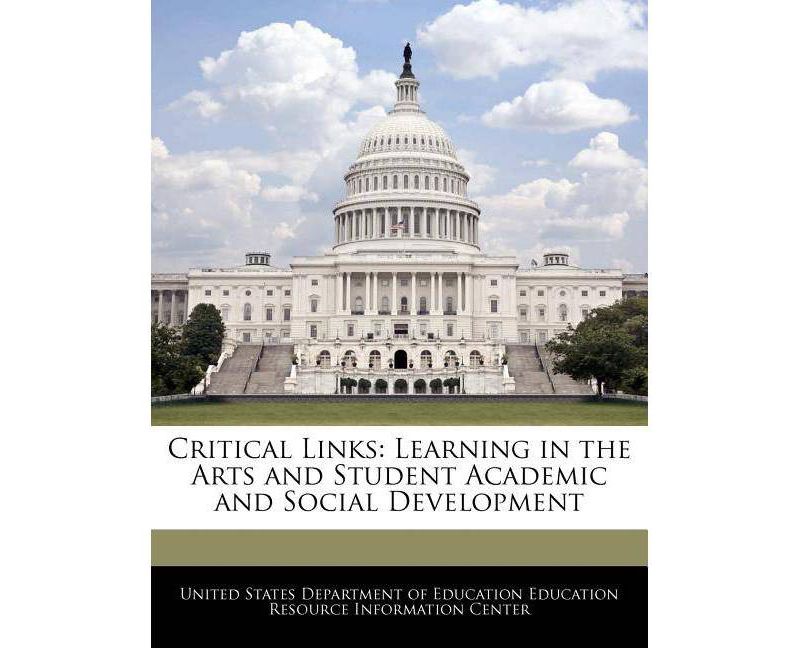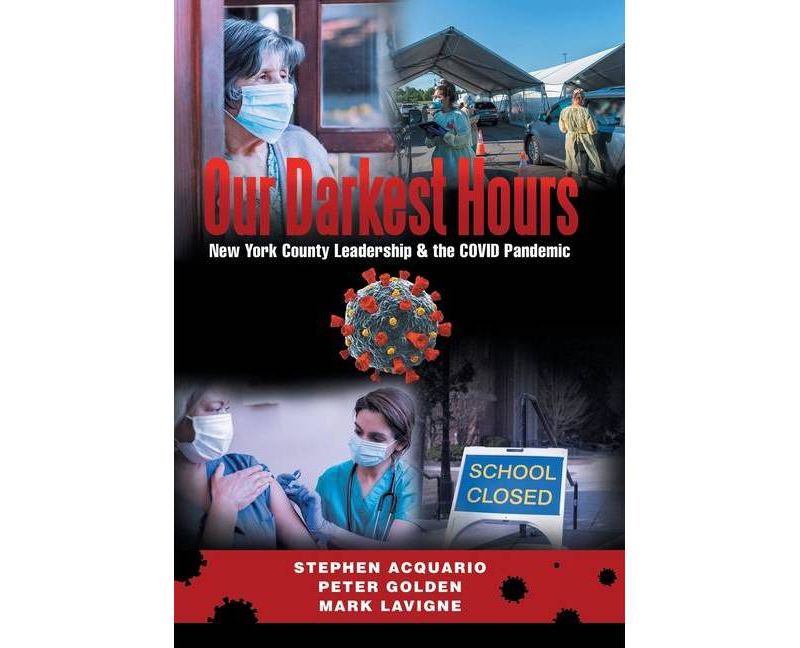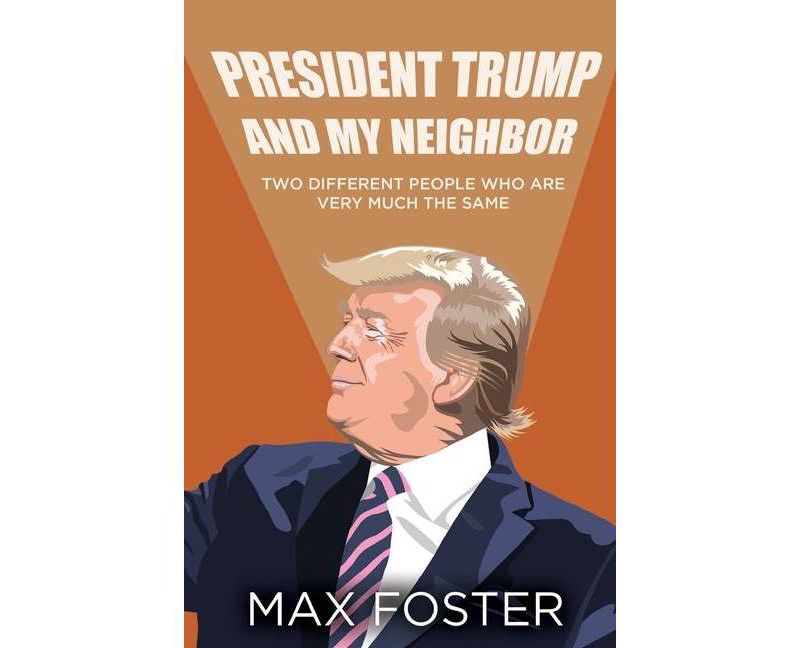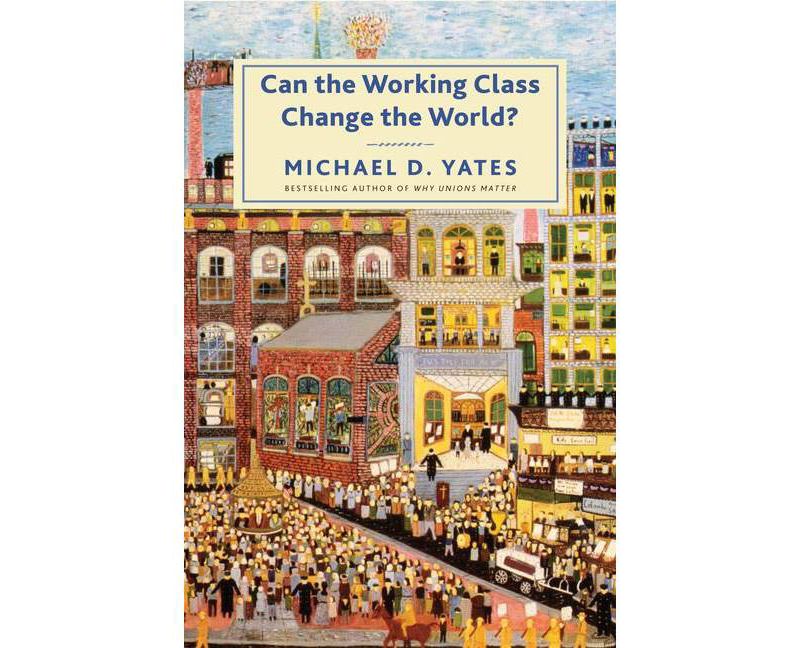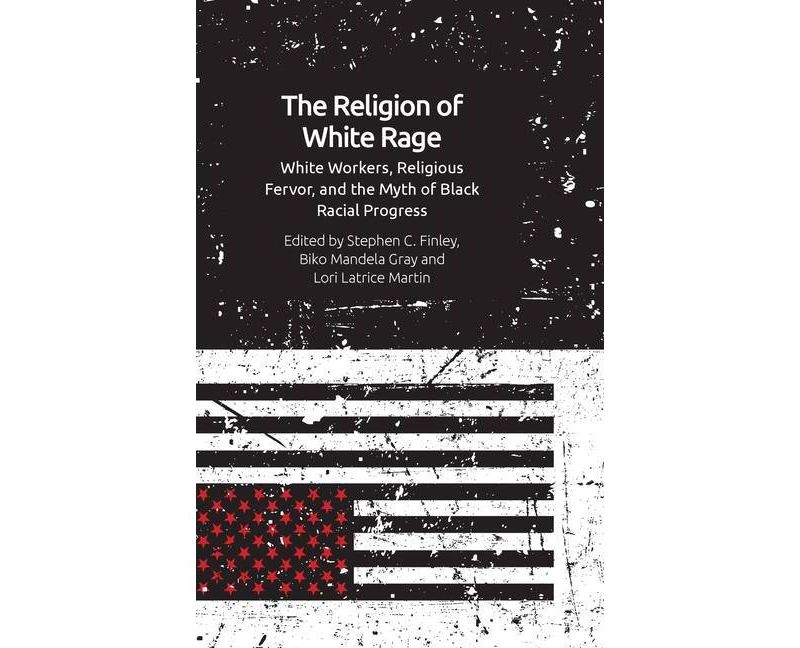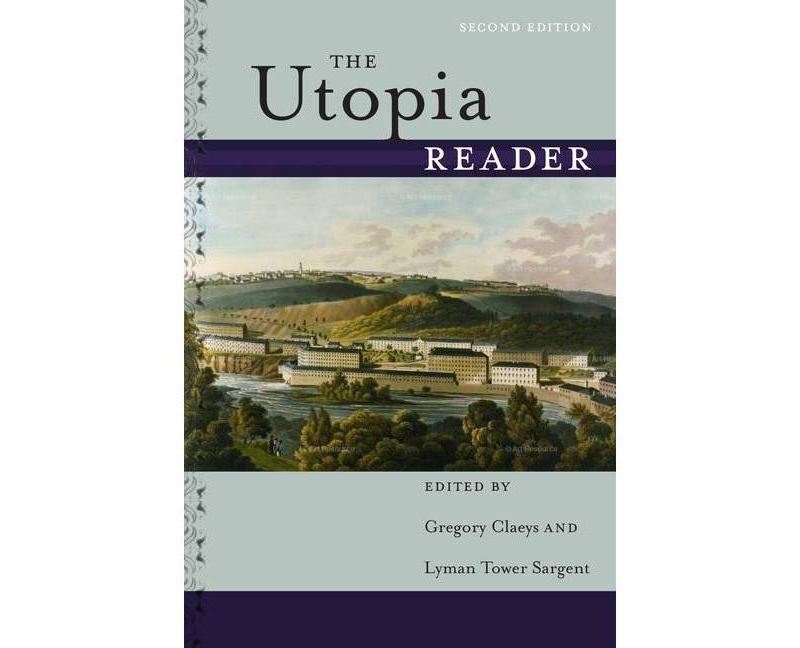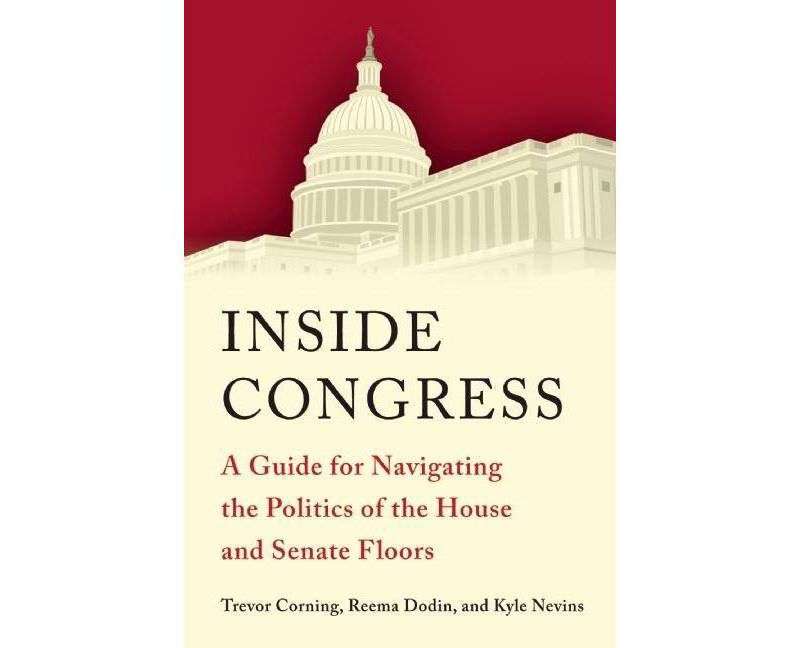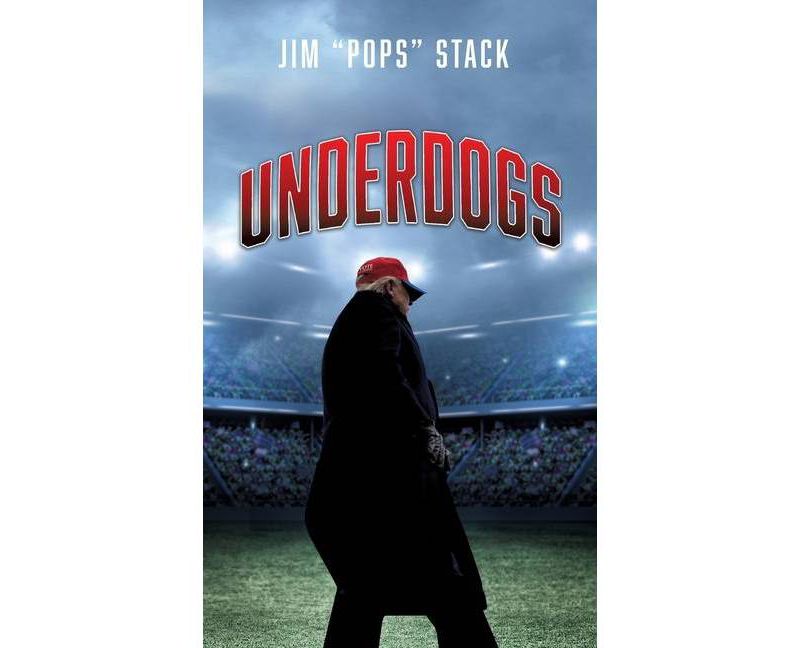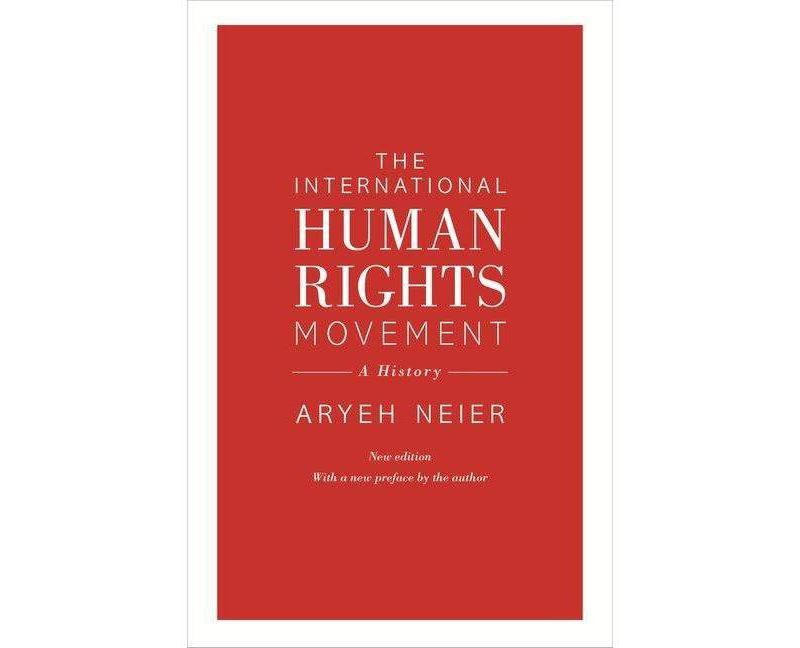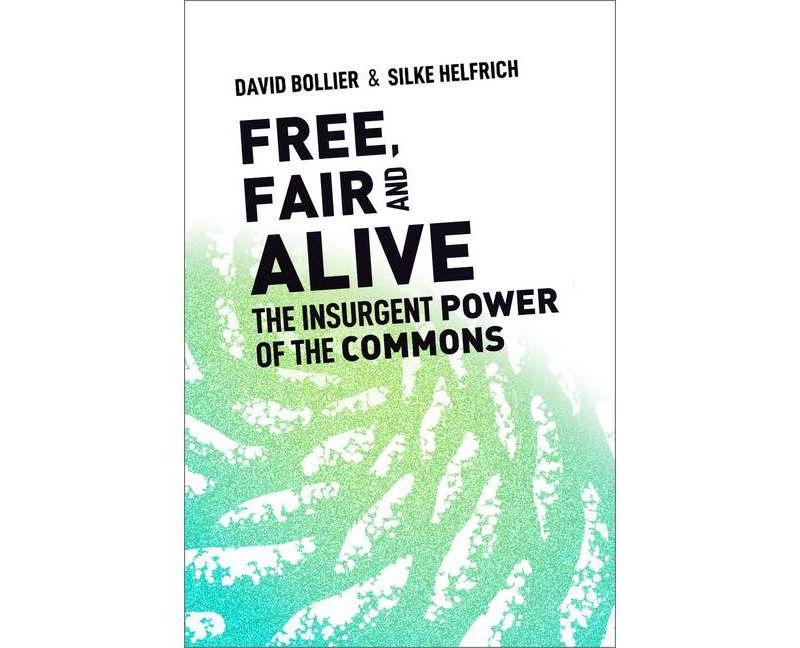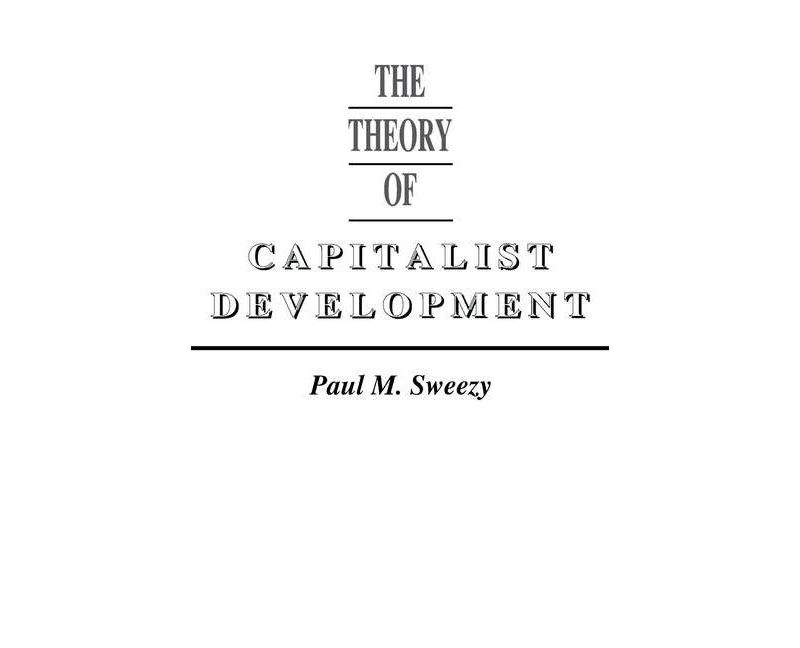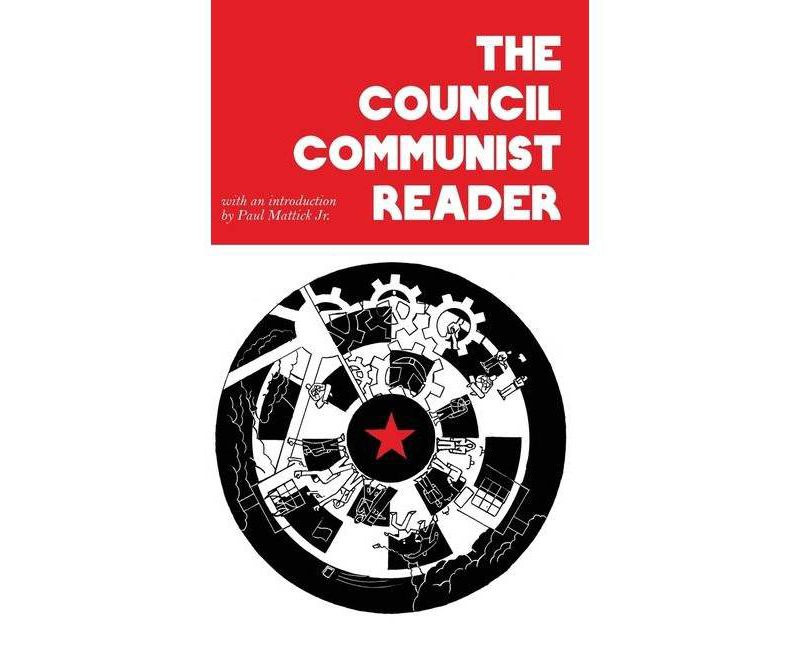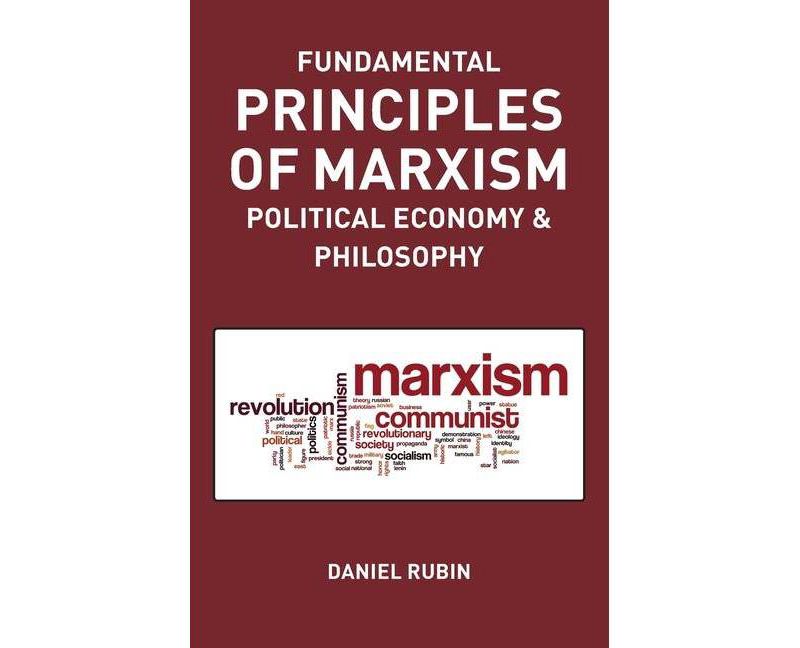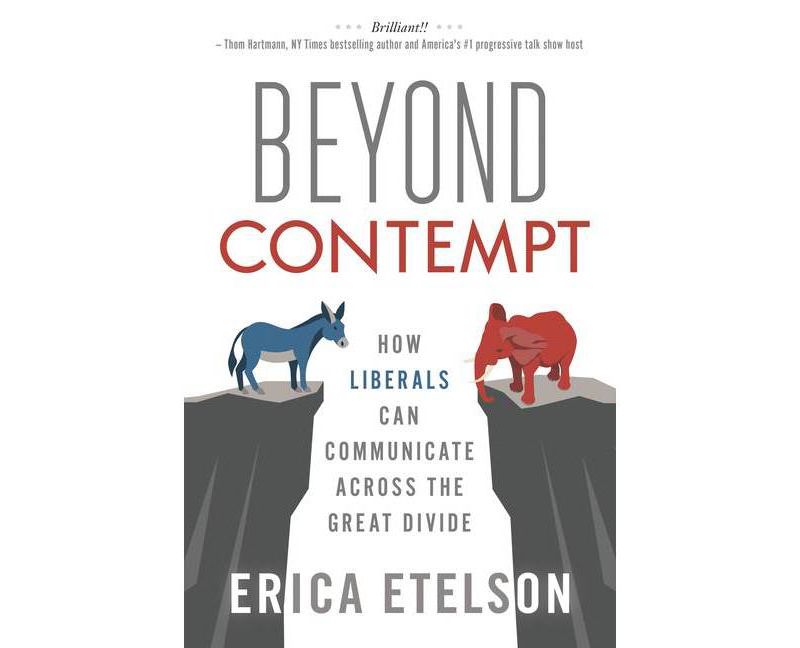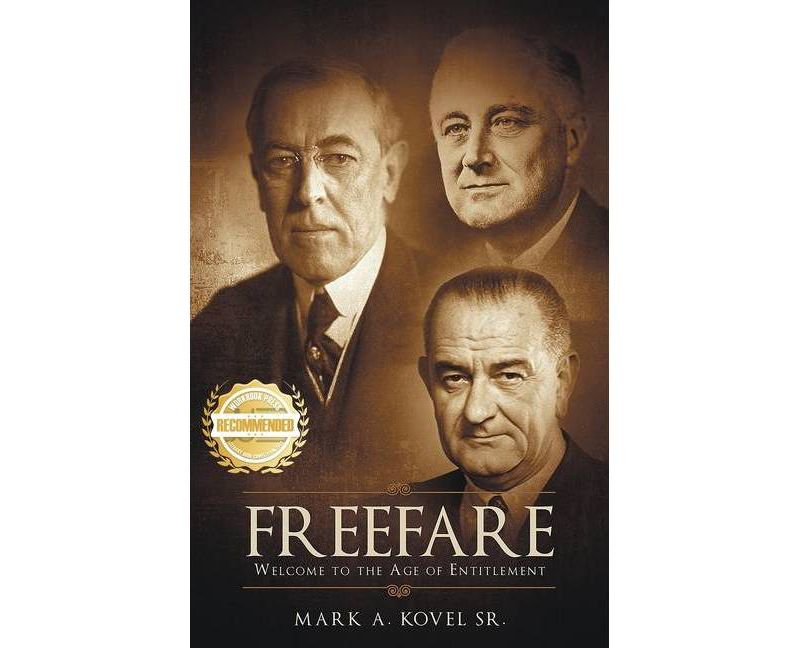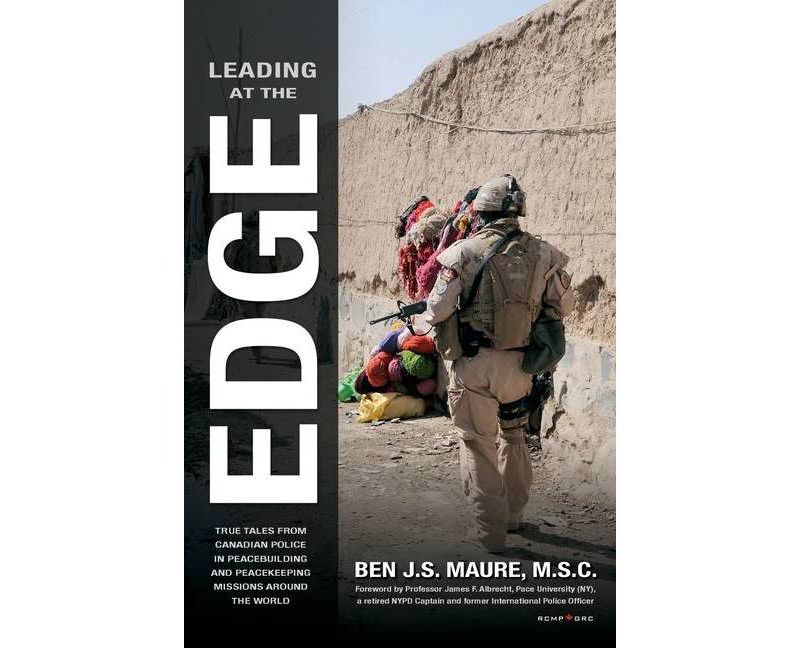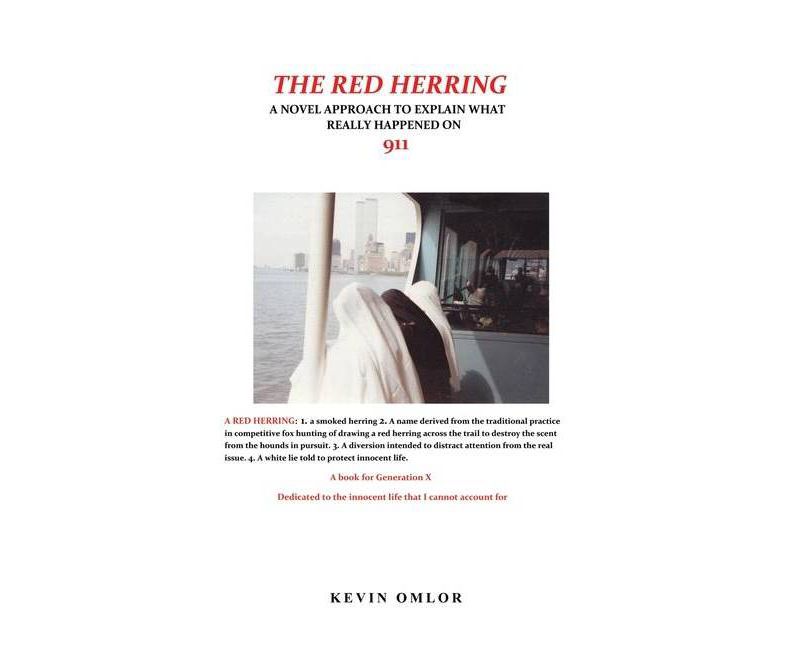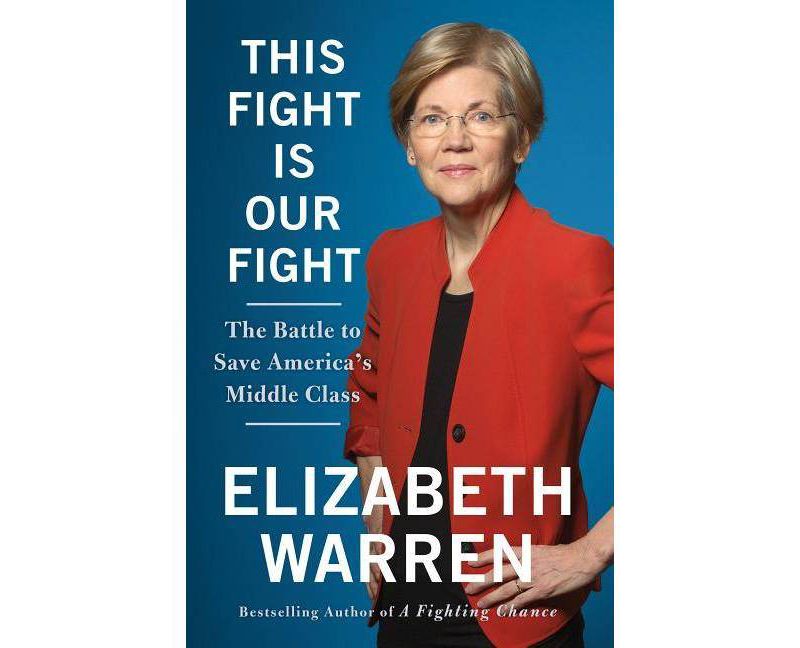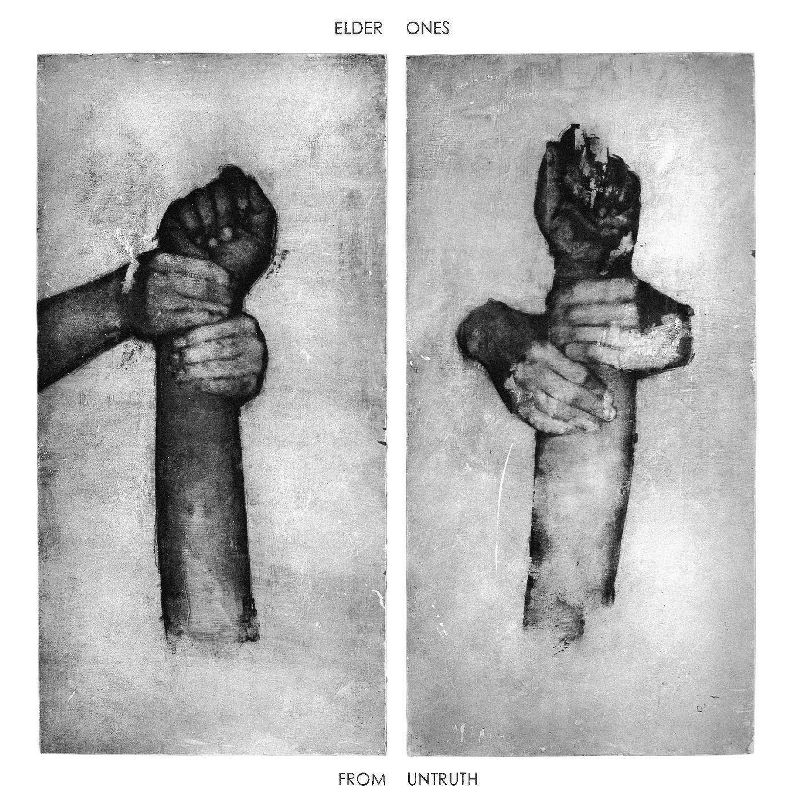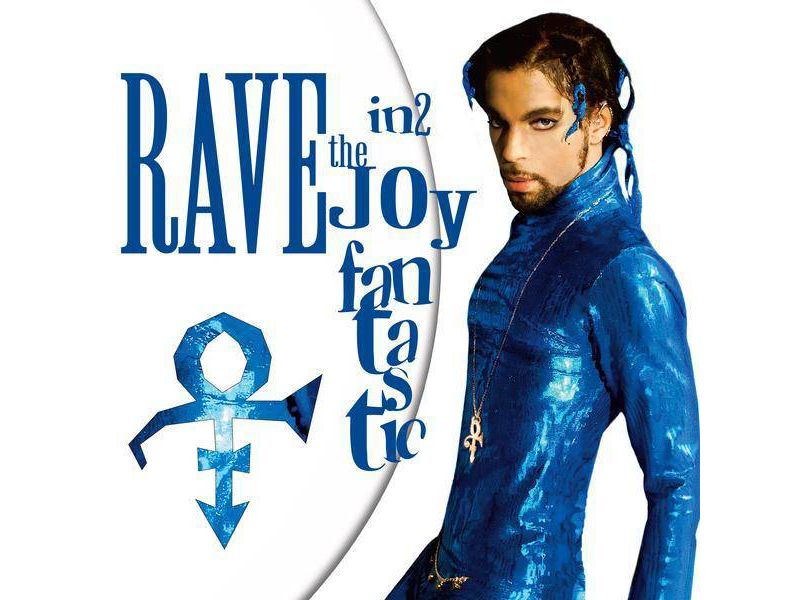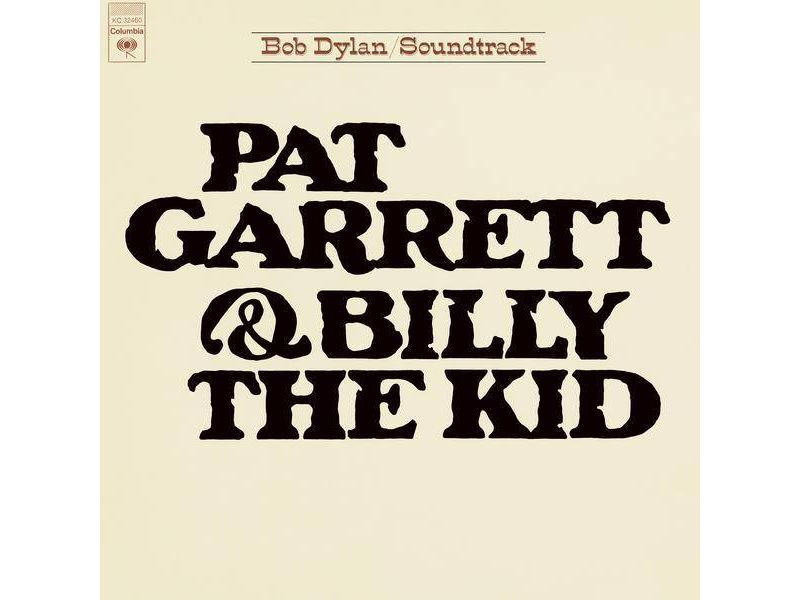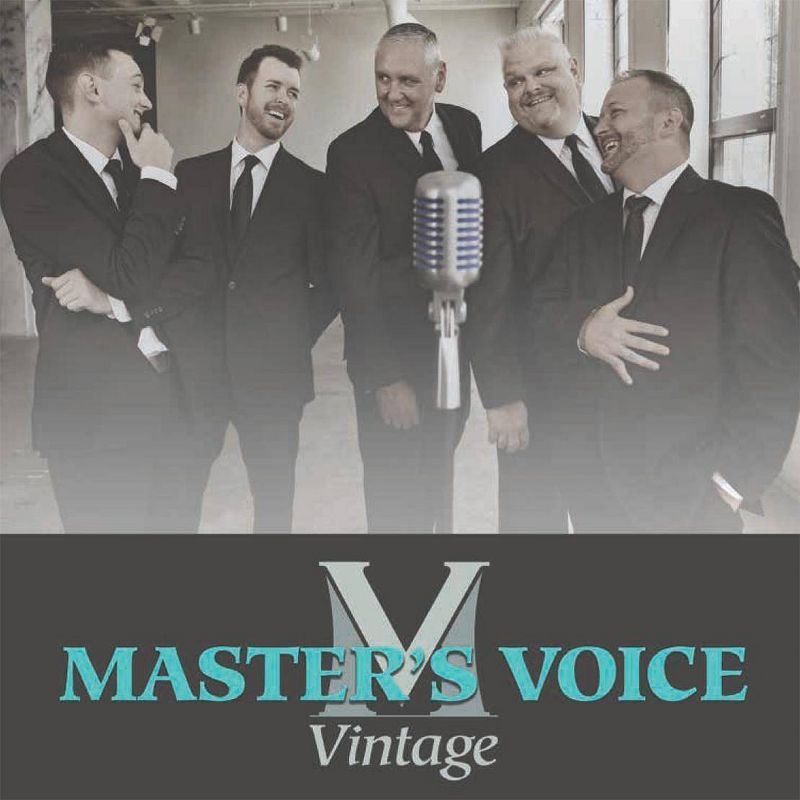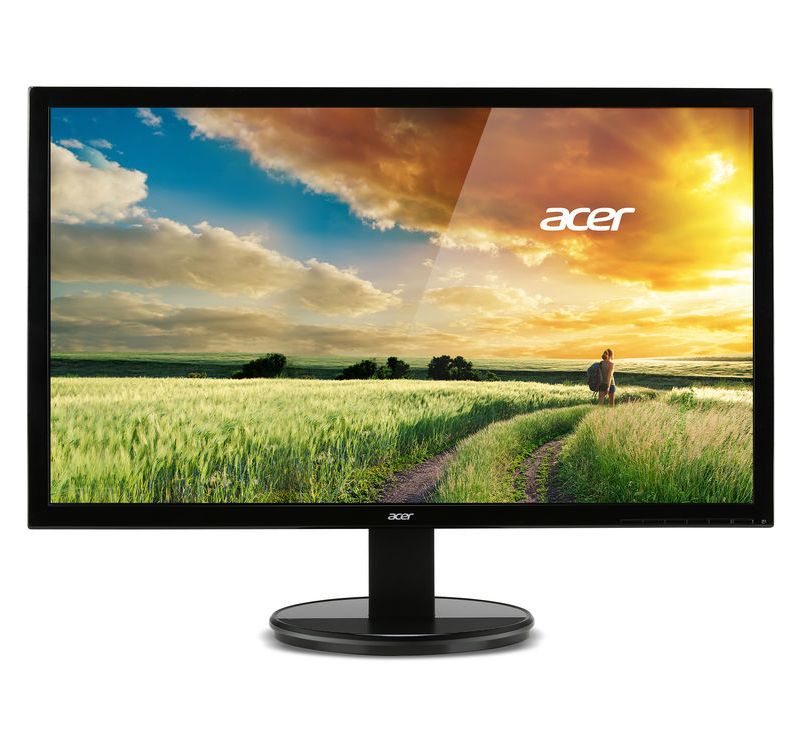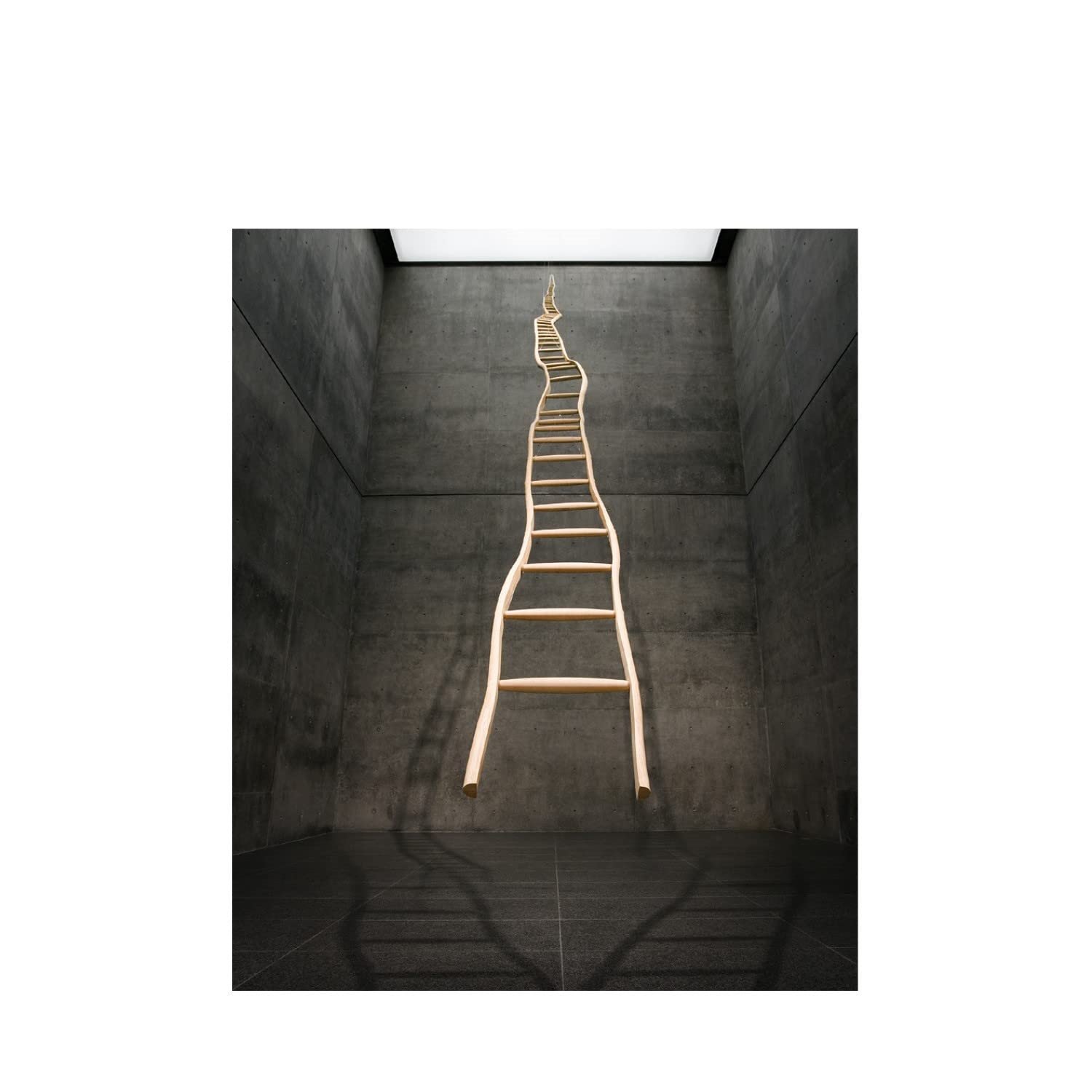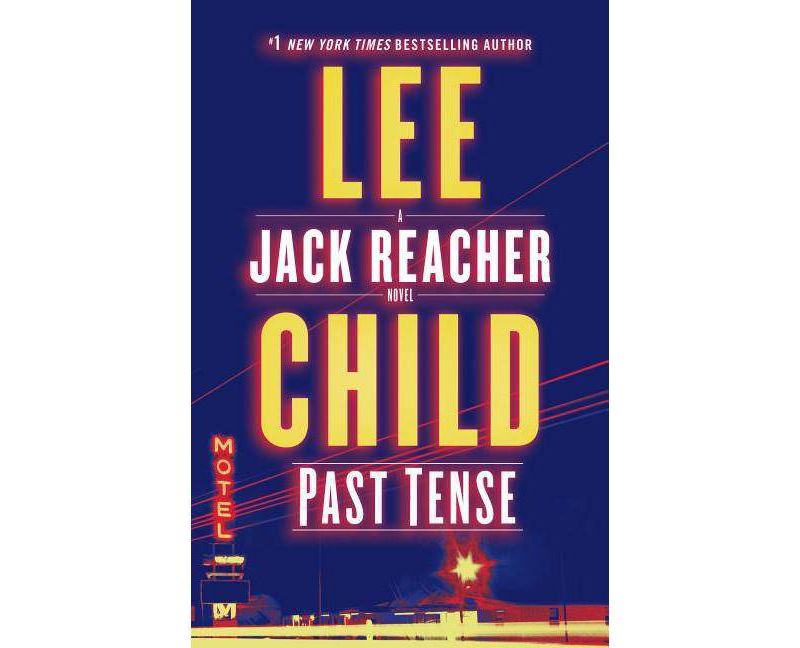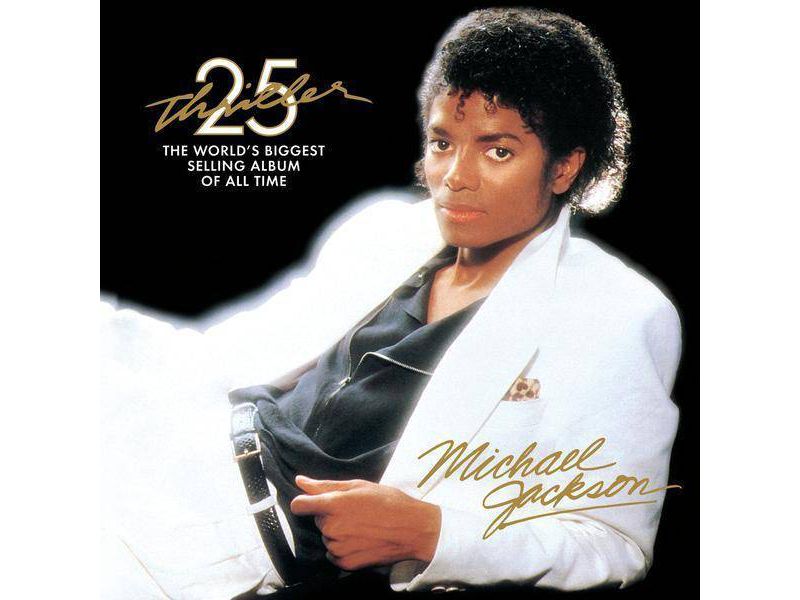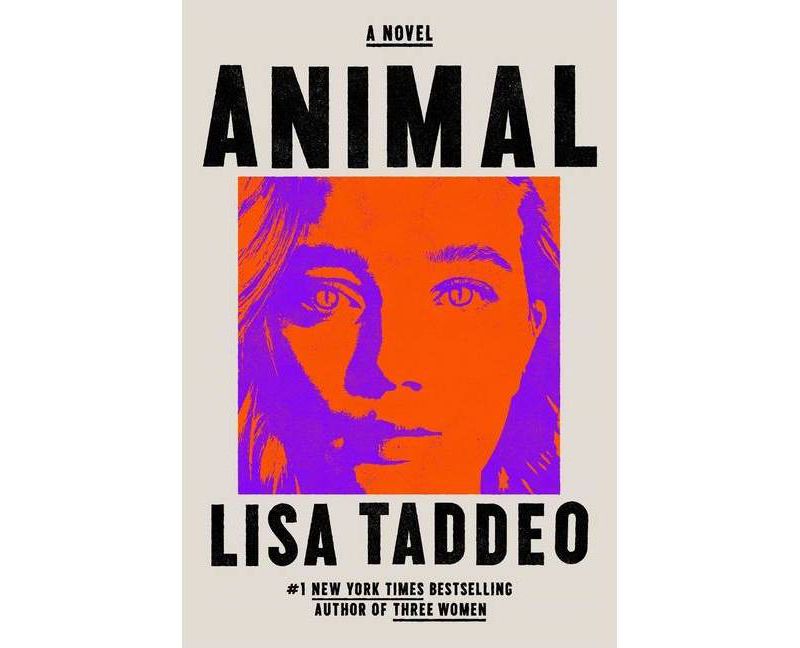Trusted shipping
Easy returns
Secure shopping
Buy The Free Speech Wars - by Charlotte Lydia Riley (Paperback) in United States - Cartnear.com
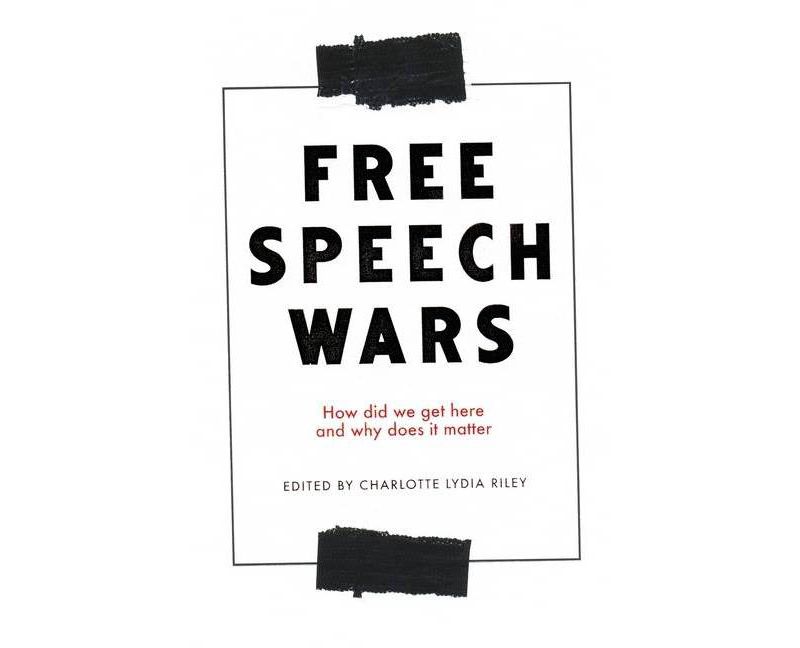
The Free Speech Wars - by Charlotte Lydia Riley (Paperback)
CTNR901718 09781526151162 CTNR901718Bright Creations
2027-02-26
/itm/the-free-speech-wars-by-charlotte-lydia-riley-paperback-901718
USD
23.18
$ 23 $ 24 4% Off
Item Added to Cart
customer
*Product availability is subject to suppliers inventory
SHIPPING ALL OVER UNITED STATES
100% MONEY BACK GUARANTEE
EASY 30 DAYSRETURNS & REFUNDS
24/7 CUSTOMER SUPPORT
TRUSTED AND SAFE WEBSITE
100% SECURE CHECKOUT
Number of Pages: 296
Genre: Political Science
Sub-Genre: Political Ideologies
Format: Paperback
Publisher: Manchester University Press
Age Range: Adult
Book theme: Democracy
Author: Charlotte Lydia Riley
Language: English
'If you'd like to understand what on earth is really going on when politicians and commentators these days pontificate about "censorship", "cancel culture", "no-platforming", "safe spaces" and the rest, it's an excellent place to start.' The Guardian
Genre: Political Science
Sub-Genre: Political Ideologies
Format: Paperback
Publisher: Manchester University Press
Age Range: Adult
Book theme: Democracy
Author: Charlotte Lydia Riley
Language: English
About the Book
This book is a timely intervention into the apparently growing culture wars around free speech as a political and social issue. These debates take form on university campuses, social media, mainstream press and elsewhere. The book will focus on the weaponisation of the concept in these areas, as well as providing a strong historical and comparative context.Book Synopsis
Assembling a diverse group of commentators, activists and academics, this book answers the following questions: who gets to exercise free speech and who does not? What happens when powerful voices think they have been silenced? Why do some issues become sites of free speech battles and what are the consequences of this? How do the spaces and structures of 'speech' - mass media, the internet, the lecture theatre, the public event, the political rally - shape this debate? Ultimately, the book argues that free speech is invoked by actors right across the political spectrum, but that in reality very few of the debates have a clear or coherent idea of what is meant by the concept of 'free speech'.From the Back Cover
Who gets to exercise free speech, and what happens when powerful voices think they have been silenced? Assembling a diverse group of commentators, activists and academics, this book explores the contemporary free speech wars to try to understand how this issue has become increasingly charged. It asks how the spaces and structures of 'speech' - mass media, the lecture theatre, the public event, the political rally and the internet - shape this debate. The contributors examine how acts such as censorship, boycotts, and protests around free speech developed historically and how these histories inform the present. The book explores the opposing sides in this debate: beginning with a defence of speech freedoms and examining how speech has been curbed and controlled, before countering this with an exploration of the way that free speech has been weaponised and deployed as a bad faith argument by people wishing to commit harm. Considering two key battlefields in the free speech wars - the university campus and the internet - this book encourages the reader to be suspicious of the way that this topic is framed in the media today. The free speech wars offers context, provocation, stimulation and - hopefully - a route through this conflict.Review Quotes
'If you'd like to understand what on earth is really going on when politicians and commentators these days pontificate about "censorship", "cancel culture", "no-platforming", "safe spaces" and the rest, it's an excellent place to start.' The Guardian
About the Author
Charlotte Lydia Riley is a Lecturer in twentieth-century British history at the University of Southampton
